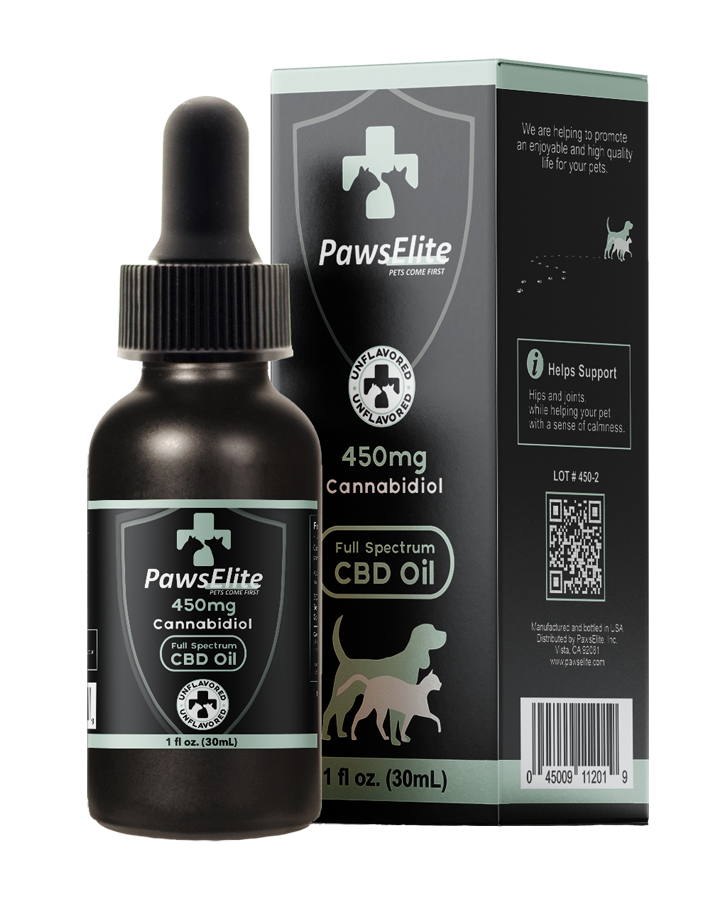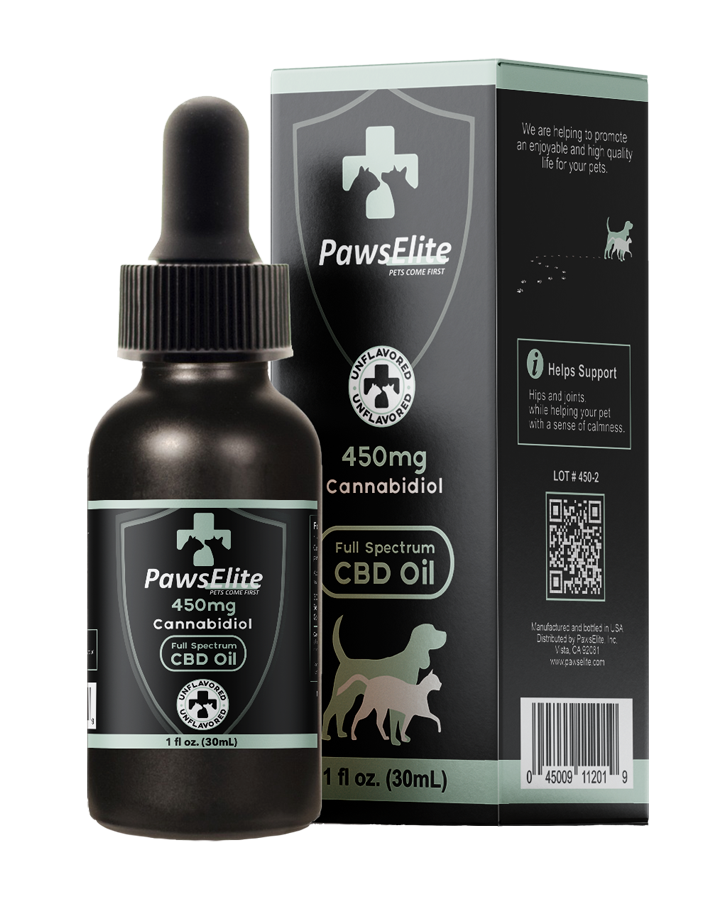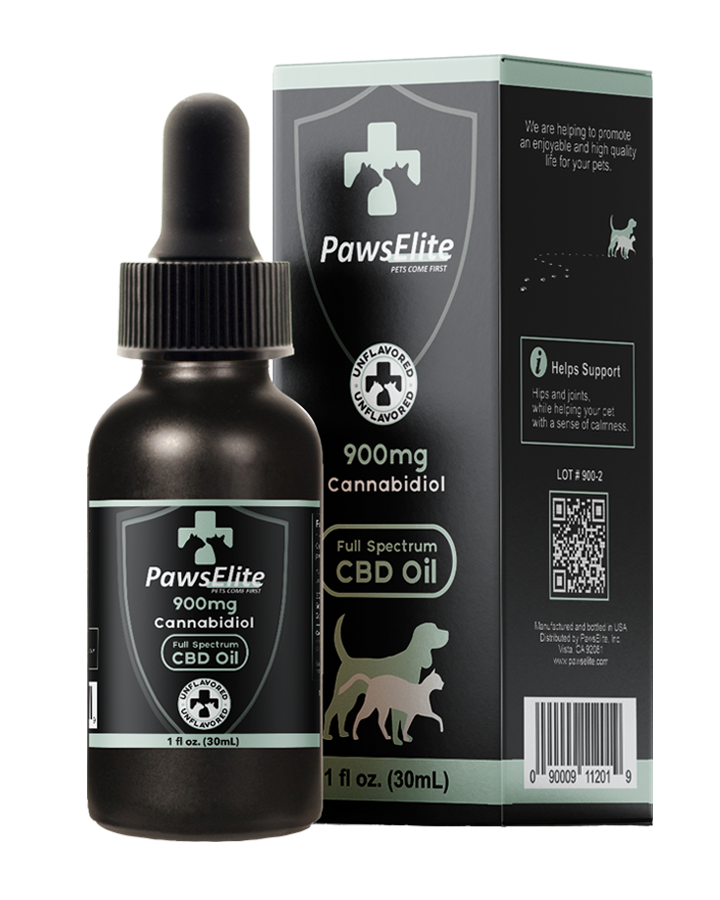
Here's What Veterinarians Say About Can Dog Eat Pomegranate?
Share
Sweet, tart, and delicious Pomegranates are in season! Alongside how delicious pomegranates are they’re dense in nutrients for humans. However, if you’re wondering if your dog can eat pomegranate then you’ve come to the right place. Although they’re full of anti-oxidants this doesn’t mean that dogs can have pomegranate.
Can Dog Eat Pomegranate?
According to most veterinary expert you shouldn’t be feeding your dog pomegranate, not even in moderation. It’s been shown that most of the time when dog eat pomegranate they becoming sick shortly afterwards. It’s be noted that the possibility of this comes from the high amounts of antioxidants which make it so healthy for humans.

Our dogs require antioxidants in their diet, but tannins aren’t exactly necessary for your dog’s overall health. So when wondering can dogs have pomegranate, you’ll want to understand why it’s not recommended.
Pomegranates are full with tannins, as well as anthocyanins and ellagic acids. The doggy body tries to break these down, but the gastrointestinal tract is unable to, resulting in a stomach ache or vomiting and diarrhea.
Dog Eats Pomegranate, What’s Next?
Dogs are infamous for begging or getting their tongue on food you don’t want them to have. Don’t panic! If your dog eats pomegranate you’ll notice they’re having stomach issues, and they may vomit, but most importantly it’s unlikely that it will result in anything fatal.
Vomiting is normal, and you won’t need veterinarian attention unless symptoms continue for more than 24 hours. When your dog is vomiting they’re getting rid of anything that’s making their stomach feel uncomfortable.
If you’ve found your dog eating pomegranate, then you’ll need to monitor them for excessive vomiting or diarrhea. You can slowly start introducing food to them after the vomiting and diarrhea stops or wait about 6 hours from the first symptoms.

Next time you’re wondering, is pomegranate dogs, then remember that unfortunately it is one of the foods that are best when not shared with your dog. It’s hard to ignore those puppy eyes, but giving your dog pomegranate isn’t worth it!
Can Dogs Eat Pomegranate? Consumption Guidelines
While it’s generally not recommended to feed pomegranate to dogs due to the potential for stomach upset, if you’re still considering incorporating it into your dog's diet, there are some important guidelines to follow. First and foremost, always consult your veterinarian before introducing new foods, especially ones that could cause digestive issues.
Here’s what to keep in mind if you’re thinking about feeding pomegranate to your dog:
Pomegranate seeds (arils): These are the small, edible parts of the pomegranate that humans typically enjoy. While rich in antioxidants and fiber, these seeds may still upset your dog's stomach if eaten in large amounts. The seeds could cause gastrointestinal issues such as vomiting or diarrhea, and in some cases, excessive consumption may lead to intestinal blockage, particularly in small dogs. Always feed pomegranate seeds in small, controlled amounts.
Pomegranate juice: Even though pomegranate juice is packed with antioxidants, it’s best to avoid giving it to your dog. Pomegranate juice can be high in sugar, which is particularly harmful to diabetic dogs, and lacks the fiber that helps regulate digestion in dogs. Additionally, the juice can lead to oral health issues due to its acidity.
Pomegranate skin: The tough, fibrous skin of a pomegranate should never be fed to your dog, as it is difficult to digest and can potentially lead to bowel obstruction or intestinal blockage. The skin doesn’t offer any nutritional benefit for dogs and should be avoided entirely.
Safer alternatives: If you’re looking for a way to offer the nutritional benefits of pomegranate without the risk, mixing a small amount of pomegranate seeds with plain yogurt can make the fruit easier on your dog’s digestive system. However, due to the potential for gastrointestinal issues, it’s always safer to opt for other dog-friendly fruits like blueberries, which offer antioxidants without the risk of stomach upset.
In summary, while pomegranates offer nutritional value, they aren't worth the risk for dogs. It's best to avoid them altogether or, if absolutely necessary, only offer a very small quantity of seeds while being vigilant about any digestive reactions. Always prioritize safe, vet-approved fruits for your dog's diet.
Can Dogs Have Pomegranate? Health Benefits
Pomegranates are known for their impressive health benefits in humans, but when asking, Can dogs have pomegranate?, the answer is more complicated. While pomegranates are rich in beneficial nutrients, these potential health benefits don’t necessarily translate well for dogs.
Pomegranates are loaded with antioxidants, which help neutralize free radicals and combat oxidative damage. These antioxidants, including vitamin C and vitamin K, can promote heart health and reduce the risk of chronic diseases caused by inflammation. In humans, they’re also known to help with joint pain and reduce chronic inflammation, offering some protection against conditions like arthritis.
However, while the anti-inflammatory properties of pomegranates could theoretically benefit dogs, the risks often outweigh the rewards. Dogs don’t process pomegranate peel extract or the fruit’s high fiber content as efficiently as humans, which can lead to digestive issues instead of improved digestive health. Although fiber is typically good for digestion, in large quantities, the fiber in pomegranates may cause upset stomachs in dogs rather than help regulate their bowel movements.
Can CBD Be a Better Alternative for Anti-Inflammatory Benefits?
If you’re searching for ways to support your dog's anti-inflammatory needs or overall well-being, CBD may be a safer and more effective alternative. Unlike pomegranates, CBD offers natural anti-inflammatory properties that can help with conditions such as joint pain, chronic inflammation, and even digestive health without the risk of causing stomach upset.
Paws Elite’s CBD treats are specifically formulated for dogs, ensuring they receive the right amount of support for their health. The Rapid Relief CBD Treats provide a calming effect while aiding in the reduction of inflammation and promoting overall wellness. This makes CBD a great alternative for dogs needing relief without the risk associated with certain human foods like pomegranates.
In conclusion, while pomegranates offer a range of health benefits for humans, they’re not the best choice for dogs. Instead, turning to options like CBD can provide similar anti-inflammatory and health-boosting effects, making it a safer and more reliable solution for your pet’s health.
Symptoms of Overconsumption of Pomegranate in Dogs
If your dog consumes too much pomegranate, there are several symptoms to watch out for. While pomegranates are not toxic, they can cause significant digestive distress due to their high levels of fiber, tannins, and antioxidants, which dogs cannot easily digest. Here are the common signs that your dog may have eaten too much pomegranate:
Vomiting: One of the most frequent symptoms of pomegranate overconsumption is vomiting. Dogs’ stomachs struggle to process the fruit, especially in large quantities, leading to nausea and vomiting.
Diarrhea: Due to the high fiber content, pomegranates can cause loose stools or diarrhea in dogs. This is often accompanied by abdominal discomfort.
Excessive Drooling: If your dog is experiencing nausea or an upset stomach, they may begin drooling excessively, which can be a sign that their digestive system is irritated.
Lethargy: If your dog feels unwell after consuming pomegranate, they may become lethargic and less energetic than usual as their body reacts to the discomfort.
Abdominal Pain: You may notice your dog acting uncomfortably, whining, or being sensitive when their belly is touched, indicating abdominal pain.
Loss of Appetite: After consuming too much pomegranate, your dog might avoid food for a while due to the stomach upset caused by the fruit.
If you observe any of these symptoms, monitor your dog closely. In most cases, symptoms should subside after 24 hours as the dog expels the fruit from their system. However, if vomiting or diarrhea continues beyond 24 hours, or if your dog shows signs of dehydration, it’s important to consult a veterinarian to prevent further complications.







